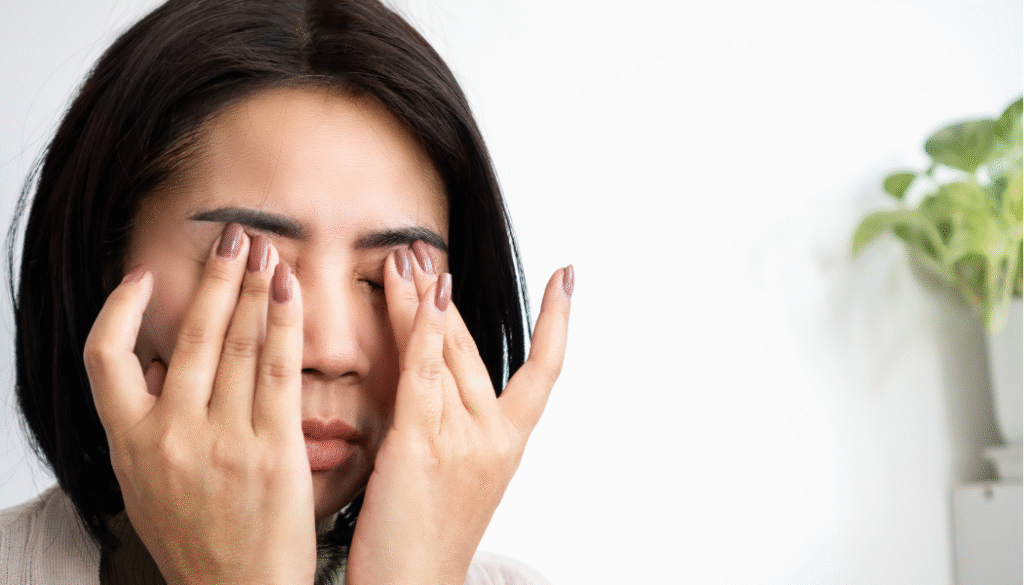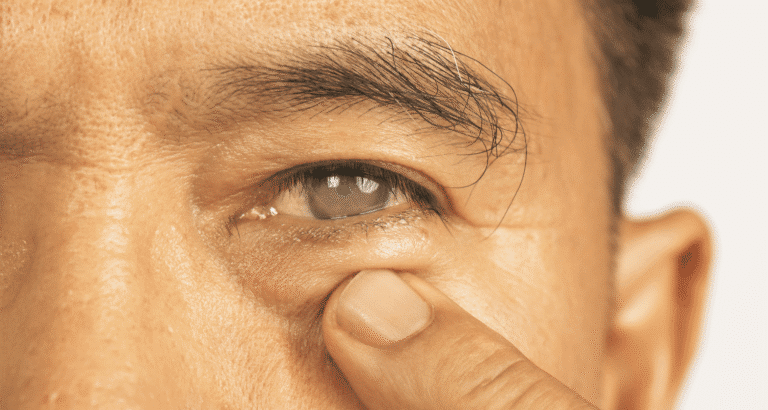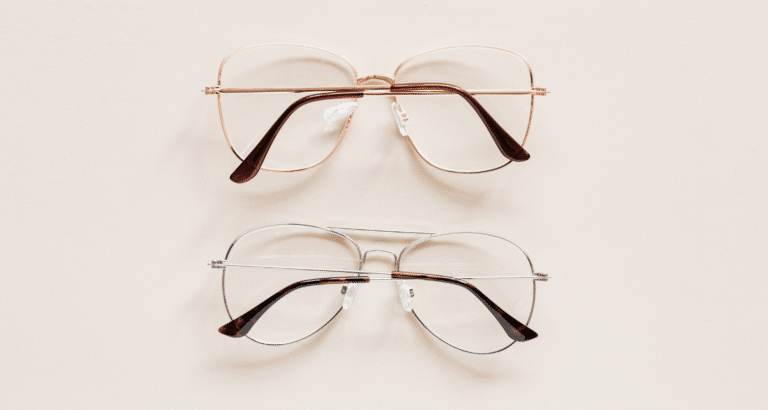Autoimmune diseases affect millions of people and can cause a wide range of symptoms throughout the body. These conditions occur when the immune system mistakenly attacks healthy tissues. Among the many effects are autoimmune eye conditions, with one of the most common being chronic dry eye. At Barnes Talero EyeCare in Nashville, we often see patients who develop dry eye syndrome linked to autoimmune disorders. Understanding this link is important for both comfort and long-term vision health.
What Is Dry Eye Syndrome?
Dry eye syndrome happens when the eyes don’t produce enough tears or when tears lack the right balance of oil, water, and mucus. This leads to irritation, redness, and burning. Chronic dry eye causes may include environmental triggers like wind, heating systems, or long hours on digital devices. However, many patients also experience autoimmune tear dysfunction, which comes from immune-related damage to the glands that produce tears.
If left untreated, dry eye can lead to ongoing inflammation, corneal damage, or even vision loss. This makes early detection and treatment vital.
Why Autoimmune Diseases Affect the Eyes
Autoimmune diseases can target the lacrimal glands, which produce tears. When these glands are attacked, tear production drops, leaving the eyes exposed and irritated. In some cases, the medications used to control immune activity can make dryness worse. This combination explains why autoimmune ocular health is a common focus in eye care.
Common Autoimmune Diseases Linked to Dry Eye
Several autoimmune diseases are closely tied to systemic disease eye effects:
- Sjögren’s syndrome dry eye: This condition is best known for causing extreme dryness in the mouth and eyes. It directly targets the tear and salivary glands, often requiring long-term care.
- Rheumatoid arthritis eyes: In addition to joint inflammation, rheumatoid arthritis can affect tear glands and other eye tissues, leading to dryness, redness, and discomfort.
- Lupus dry eye symptoms: Lupus impacts many systems of the body. Eye issues are common, and dry eye is one of the most frequent complaints.
- Thyroid eye disease: Immune attacks around the eyes can cause swelling, bulging, and reduced tear quality.
- Type 1 diabetes: High blood sugar affects nerves and glands in the eye. This reduces the eye’s ability to sense dryness and slows tear production.
These conditions highlight the strong link between autoimmune disease and eye health. Patients with these disorders should always mention their medical history during eye exams.
Treatment Options for Dry Eye in Autoimmune Disease
Managing dry eye autoimmune treatments usually requires both medical care and lifestyle changes. Common approaches include:
- Artificial tears or lubricating gels to replace natural tears.
- Prescription eye drops that reduce inflammation and increase tear production.
- Warm compresses and eyelid hygiene to improve oil gland function.
- Punctal plugs to slow tear drainage and keep moisture on the eye longer.
- Nutritional support, such as omega-3 supplements, to support eye lubrication.
Every patient’s needs are different. That’s why a complete exam is important to create a plan that addresses both the autoimmune condition and its impact on the eyes.
FAQs
What autoimmune disease affects the eyes?
Several can, but Sjögren’s syndrome, lupus, rheumatoid arthritis, and thyroid disease are among the most common.
Is Sjögren’s serious?
Yes. It can lead to severe dryness, eye damage, and other systemic health problems if not managed.
How to test for Sjögren’s?
Doctors may use blood tests, salivary gland biopsies, and eye exams to confirm the diagnosis.
How do you treat Sjögren’s syndrome in the eyes?
Treatment includes artificial tears, prescription drops, punctal plugs, and lifestyle changes for lasting relief.
Protecting Your Vision
Autoimmune diseases don’t just affect joints or organs—they often impact your eyes. If you live with one of these conditions and notice dryness, irritation, or changes in your vision, schedule a full exam. At Barnes Talero EyeCare, we provide immune-related eye care that helps patients protect their sight and find relief from discomfort.





